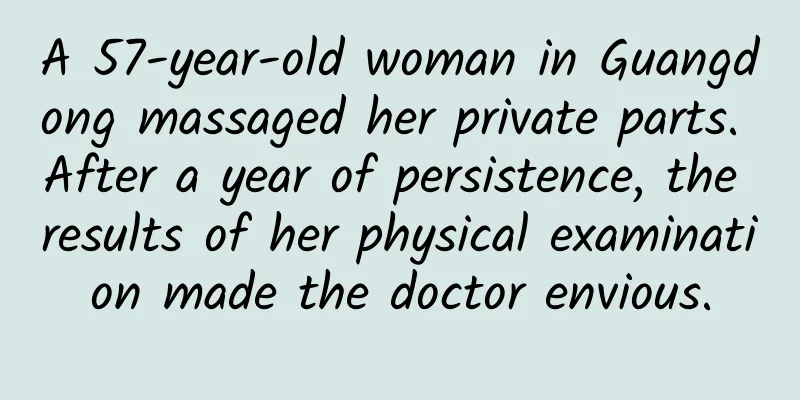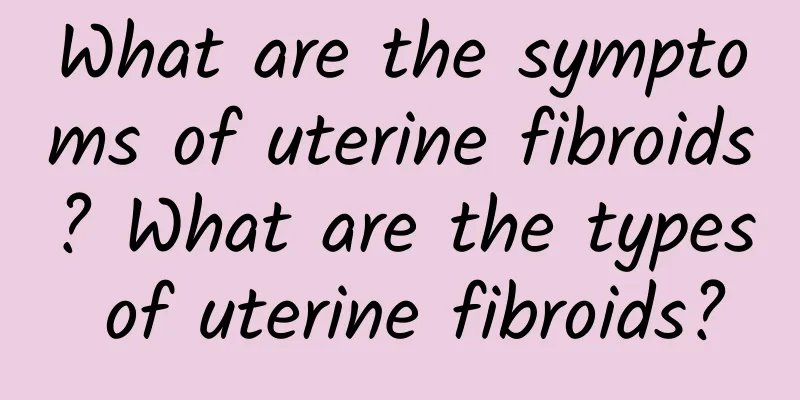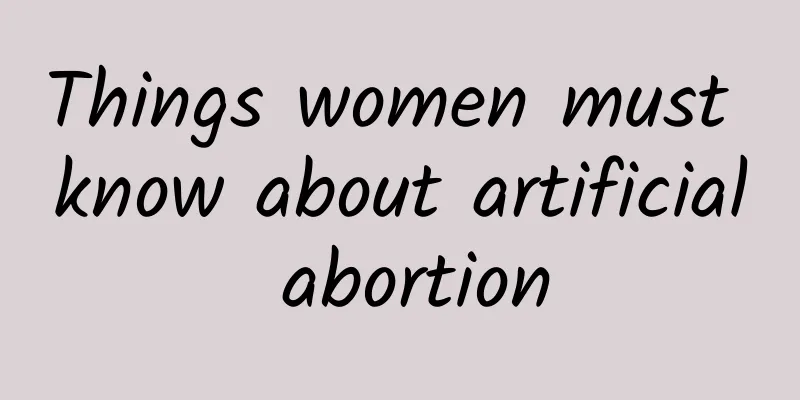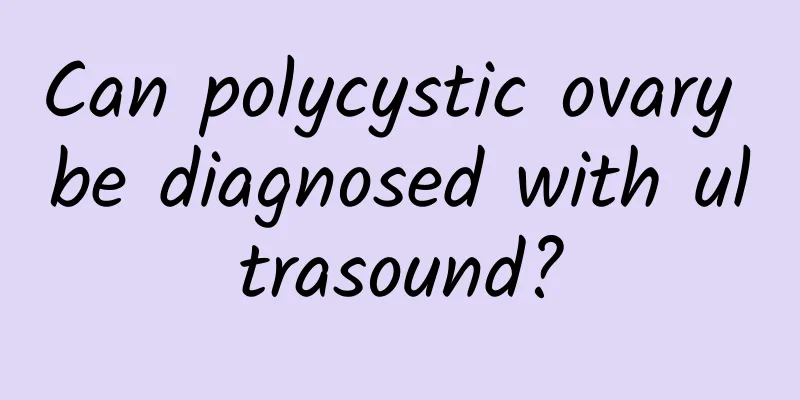Does having uterine fibroids cause abdominal pain?
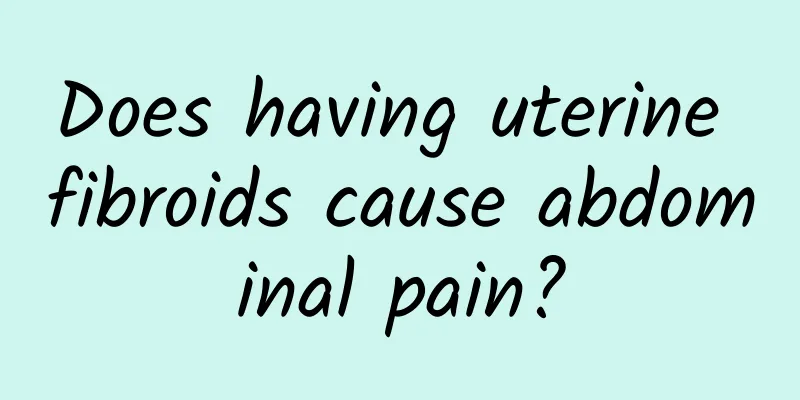
|
Will I have lower abdominal pain if I have uterine fibroids? Clinically, uterine fibroids are common benign tumors of the female genitals. Uterine fibroids will cause pain symptoms. Generally speaking, due to the compression and swelling of the fibroids, pain will occur in the lower abdomen. However, with the changes in uterine fibroids, women will also experience changes in the nature of menstruation, infertility, increased abnormal secretions, compression symptoms, and secondary anemia, which requires clinical treatment to understand and understand the pain that uterine fibroids bring to women. Make yourself more comfortable. Other symptoms of uterine fibroids include pain: In most cases, women with uterine fibroids will experience lower abdominal swelling and back pain, but some women will not experience abdominal pain. Once the fibroids are torsion, women will have acute abdominal pain and fever in the later stages. The pain is related to the swelling and pressure of the abdominal mass. Menstrual changes: This is the most common symptom of uterine fibroids, mainly shortened menstrual cycle, increased menstrual volume, prolonged menstruation and irregular bleeding. Increased vaginal discharge: Women will experience increased secretions, and sometimes the nature of the vaginal discharge will change, with a large amount of purulent discharge and necrotic tissue. Infertility: As uterine fibroids grow, they will gradually compress the fallopian tubes, causing deformation of the uterine cavity, affecting the implantation of the fertilized egg, and causing female infertility in the later stages. Secondary anemia: Since uterine fibroids can affect the changes in the nature of women's menstruation, long-term excessive menstruation in patients will lead to secondary anemia, and patients will experience symptoms such as pallor, shortness of breath, and palpitations. Compression symptoms: As uterine fibroids grow, they will affect some organs around the uterus. For example, if they compress the uterus, it will cause dysuria, frequent urination, urgency, pain and urinary retention in women. If they compress the rectum, it will cause constipation in women. If they compress the ureter, it will cause hydronephrosis. If they compress the fallopian tube, it will affect the combination of sperm and egg. |
<<: Why is vaginitis always difficult to cure?
>>: Will ovarian cysts recur? What should patients pay attention to?
Recommend
Can I get pregnant again a few months after having an abortion?
It is generally recommended to wait at least 6 mo...
How long after ectopic pregnancy can I have a baby
Ectopic pregnancy is also called ectopic pregnanc...
What are the specific symptoms of cervicitis?
What are the specific symptoms of cervicitis? Cer...
How to treat uterine fibroids with moxibustion
1. Reasons Uterine fibroids are benign muscular t...
How to treat pelvic effusion?
Pelvic effusion is a common gynecological disease...
Will pelvic effusion make the belly bigger? What are the symptoms?
If pelvic effusion is not treated properly, it ca...
Abnormal yellow vaginal discharge with a bit of acidity
Abnormal leucorrhea that is yellow and has a sour...
Patients with cervical hypertrophy need to pay attention to adjusting their diet
In our lives, most women have experienced cervica...
What are the symptoms of ectopic pregnancy in women?
Ectopic pregnancy is one of the gynecological acu...
Women's dream shapewear inherits the beauty of mother
Do you still remember the good times you spent wi...
Vaginitis treatment precautions
Vaginitis is a common disease among women, with m...
How long will the abdominal pain of ectopic pregnancy last and how should it be treated?
Ectopic pregnancy can cause abdominal pain, vagin...
6 signs of menopause in women
Menopause is a natural physiological process that...
KO menopausal obesity: eating potatoes with the skin helps burn fat
Get rid of menopausal obesity, eating potatoes wi...
Burn fat quickly and noticeably in 30 days! Smart use of centrifugal force, "downward movement" to make the area you want to lose weight smaller
Did you know? In fact, "downward" movem...
